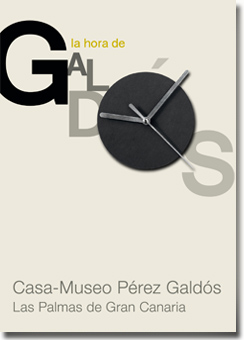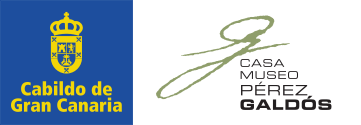PÉREZ GALDÓS (1843-1920) Y EL RETORNO DE LA MATERIA DE BRETAÑA A LAS LETRAS ESPAÑOLAS: TRISTANA (1892) Y EL CABALLERO ENCANTADO (CUENTO REAL… INVEROSÍMIL) (1909) / PÉREZ GALDÓS (1843-1920) AND THE RETURN OF THE MATTER OF BRITAIN TO SPANISH LETTERS
Palabras clave:
Galdós, materia de Bretaña, arturismo, Tristana, El caballero encantado, matter of Britain, ArthurianaResumen
El reciente volumen The Arthur of the Iberians. The Arthurian Legend in the Spanish and Portuguese Worlds (2015), ha reconocido que la materia de Bretaña también retornó con gran fuerza a la imaginación literaria hispánica desde inicios del siglo XIX. España y Portugal no fueron entonces ajenas ni lo son en nuestros días a este torrente de inspiración tanto culta como popular que sigue muy activa en nuestro siglo XXI. Entre aquellos pioneros decimonónicos y del periodo de entre siglos (XIX y XX), se encuentran dos novelas de Benito Pérez Galdós, Tristana y El caballero encantado, que resultan imprescindibles para valorar la suerte y evolución de este retorno, resultan de una vitalidad indudable y nos permiten vislumbrar la figura de este maestro de las letras desde una perspectiva no siempre valorada, aunque sí plenamente integrada en una de las tendencias europeas más poderosas del momento, la literatura artúrica internacional contemporánea. / The newly-published volume The Arthur of the Iberians. The Arthurian Legend in the Spanish and Portuguese Worlds (2015) has finally proved that the matter of Britain did clearly return to the Hispanic literary imagination from the beginning of the 19th century. Spain and Portugal took part then, and still do, in this torrent of both learned and popular inspiration, one which is still very active today. Among those nineteenth century and early twentieth century pioneer texts, two novels by Pérez Galdós played a fundamental role, Tristana and El caballero encantado. They are unavoidable when studying the success and evolution of this return, still present an astounding vitality, and let contemporary readers contemplate this master of European letters from a frequently neglected point of view, in spite of the fact that it is totally integrated in one of the most powerful literary trends of Galdós’s times, contemporary international Arthurian literature.




